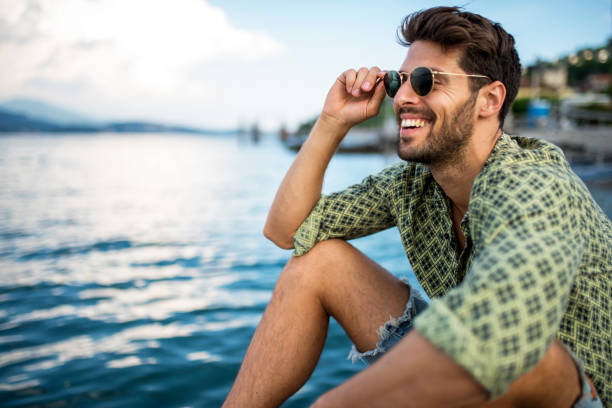
Most people know that ultraviolet (UV) rays from the sun can damage their skin, but far fewer realize the serious impact these rays can have on their eyes. Overexposure to UV radiation can increase your risk of developing cataracts, macular degeneration, and even certain eye cancers.
Whether you’re heading to the beach, working outdoors, or simply running errands, protecting your eyes from UV damage is a crucial step in maintaining long-term vision health.
How UV Rays Affect Your Eyes
UV rays come in two forms that affect human health: UVA and UVB. Both can contribute to short-term and long-term eye problems, including:
Photokeratitis: A painful condition like a sunburn on the cornea, also known as “snow blindness.”
Cataracts: UV exposure is a leading risk factor for the development of cataracts, which cloud the lens of the eye.
Macular Degeneration: Prolonged exposure may contribute to the deterioration of the macula, impacting central vision.
Pinguecula and Pterygium: Growths on the white part of the eye that can cause discomfort and affect vision.
Tips to Shield Your Eyes from UV Damage
1. Wear UV-Blocking Sunglasses
Choose sunglasses labeled “100% UV protection” or “UV400.” Oversized or wraparound styles offer extra coverage from reflected rays.
2. Use a Wide-Brimmed Hat
A hat with a brim of at least 3 inches can reduce UV exposure to the eyes by up to 50%.
3. Avoid Peak Sun Hours
UV rays are strongest between 10 a.m. and 4 p.m. If possible, limit outdoor activities during this time or take protective measures.
4. Don’t Forget on Cloudy Days
UV rays penetrate clouds and can still harm your eyes even when it’s overcast.
5. Choose Contact Lenses with UV Protection
Some soft contact lenses offer built-in UV protection, but they should always be worn with sunglasses for full coverage.
Who’s Most at Risk?
Children and young adults (because their lenses are clearer and absorb more UV)
People with light-colored eyes
Those who spend extended time outdoors for work or recreation
Residents of high-altitude areas or highly reflective environments (snow, sand, water)
Final Thoughts
Protecting your eyes from UV radiation isn’t just a summertime concern—it’s a year-round necessity. A few simple habits, like wearing high-quality sunglasses and a hat, can go a long way in preserving your vision and preventing damage. Make UV protection part of your daily routine, just like sunscreen.









